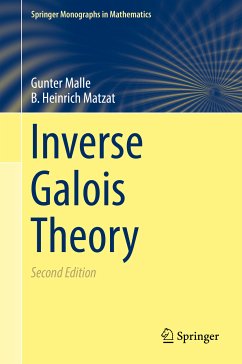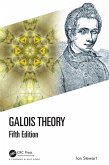This second edition addresses the question of which finite groups occur as Galois groups over a given field. In particular, this includes the question of the structure and the representations of the absolute Galois group of K, as well as its finite epimorphic images, generally referred to as the inverse problem of Galois theory. In the past few years, important strides have been made in all of these areas. The aim of the book is to provide a systematic and extensive overview of these advances, with special emphasis on the rigidity method and its applications. Among others, the book presents the most successful known existence theorems and construction methods for Galois extensions and solutions of embedding problems, together with a collection of the current Galois realizations. There have been two major developments since the first edition of this book was released. The first is the algebraization of the Katz algorithm for (linearly) rigid generating systems of finite groups; the second is the emergence of a modular Galois theory. The latter has led to new construction methods for additive polynomials with given Galois group over fields of positive characteristic. Both methods have their origin in the Galois theory of differential and difference equations.
Dieser Download kann aus rechtlichen Gründen nur mit Rechnungsadresse in A, B, BG, CY, CZ, D, DK, EW, E, FIN, F, GR, HR, H, IRL, I, LT, L, LR, M, NL, PL, P, R, S, SLO, SK ausgeliefert werden.









